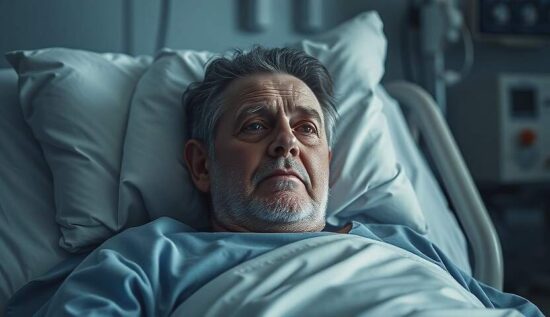Former Chancellor Gerhard Schröder has been admitted to a clinical treatment program due to a burnout diagnosis, according to his lawyer, who confirmed the news to the German Press Agency (dpa) upon request.
Speculations about Schröder’s health had been circulating after he cancelled his appearance in a Schwerin state parliament inquiry committee in mid-January, citing health reasons. The committee had planned to question him about the construction of the Nord Stream 2 pipeline.
A letter from Schröder’s treating doctor, obtained by dpa, states that the 80-year-old former politician is suffering from a typical burnout syndrome, characterized by deep exhaustion and severe energy depletion. The doctor also notes that Schröder is experiencing concentration and memory difficulties, as well as sleep disturbances.
The doctor concludes that Schröder is not currently, nor in the foreseeable future, capable of withstanding the physical and psychological demands of a prolonged and, in particular, public questioning in an inquiry committee.
Schröder served as Chancellor of Germany from 1998 to 2005. After leaving politics, he became a lobbyist for the majority Russian-owned companies of the Nord Stream pipelines. His close ties to Russia and its President Vladimir Putin have repeatedly been criticized, with the SPD even attempting to expel him from the party, although the expulsion proceedings ultimately failed.
In the name of his family, Schröder’s lawyer has explicitly requested that the public respect the former Chancellor’s privacy.





